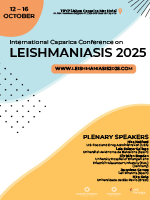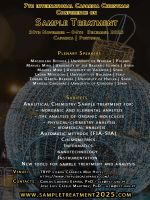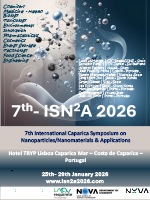Protein thiols as novel biomarkers in ecotoxicology: A case study of oxidative stress in Mytilus edulis sampled near a former industrial site in Cork Harbour, Ireland
DOI: 10.5584/jiomics.v2i2.77
Abstract
Oxidative stress produces reactive oxygen species which can modify proteins and thiols of cysteines are especially susceptible. Mytilus edulis was sampled from three stations in Cork Harbour, Ireland and from an out-harbour control site in Bantry Bay, Ireland. A variety of traditional biomarkers were benchmarked against thiol oxidation. Lysosomal membrane stability diminished in haemocytes from the three Cork harbour sites, although a stronger effect was observed in two in-harbour stations of environmental concern (Douglas and Haulbowline Island). Catalase and glutathione transferase (GST) activities were decreased in digestive gland extracts of animals from in-harbour sites especially the in-harbour control (Ringaskiddy) showed lower GST than Bantry. Mussels collected at Haulbowline Island showed elevated lipid peroxidation (p)









